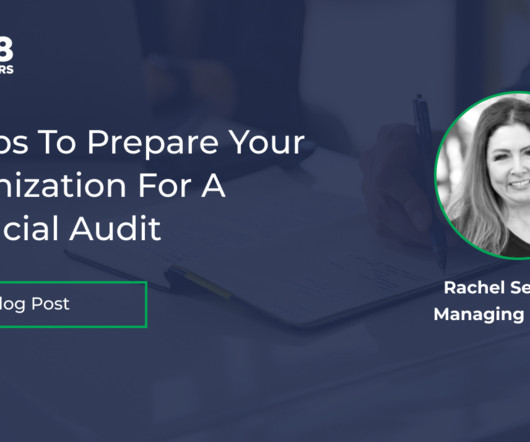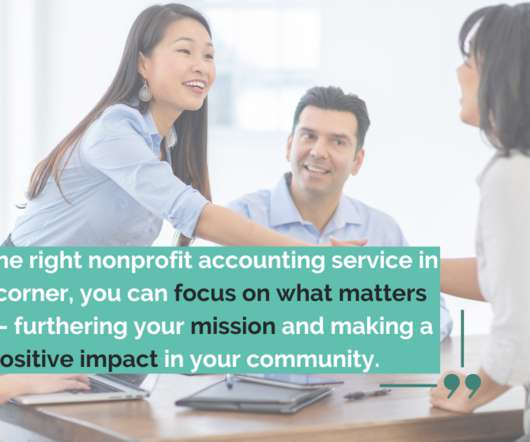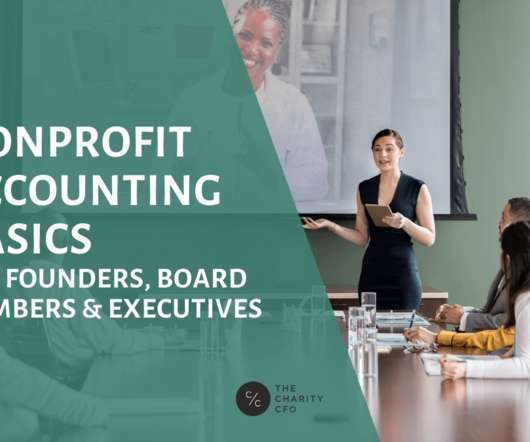How to Prepare for a Financial Audit
CFO Share
NOVEMBER 15, 2023
An audit evaluates: Compliance with accounting standards (GAAP or IFRS.) Risks of fraud or non-compliance. Here are some small business accounting tips to prep for audits every day: Organize Documents: Systematically save and organize invoices, bills, contracts, and other documents digitally for easy search and reference.















Let's personalize your content